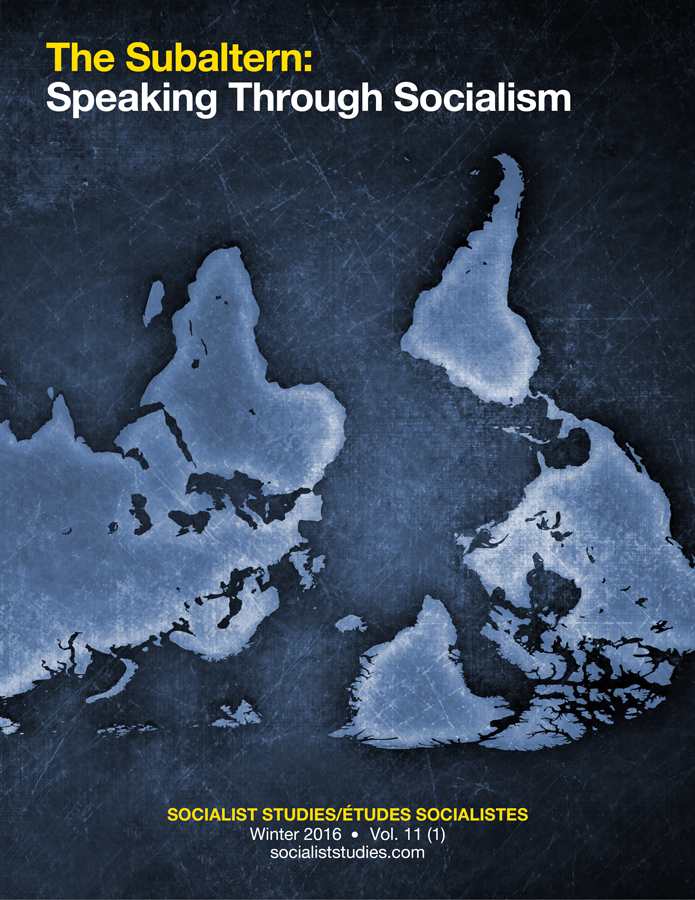Economic Inequality Matters: Reflections on Piketty’s Capital in the 21st Century
DOI:
https://doi.org/10.18740/S4831RKeywords:
capital, economic inequality, epistemology, exploitation, justice, Marx, PikettyAbstract
In Capital in the 21st Century, Piketty takes a central liberal claim about economic inequality seriously and asks: does capitalism reward merit? If true, we would expect salaries, presumably rooted in the reward of merit in the workplace, to be more important to personal wealth than inherited money and property, which is just luck. He concludes that capitalism does not reward merit more than inherited wealth. Piketty suggests that this is at once a political and moral problem. As such, it cannot be resolved through economics alone, especially in the profession’s current incarnation, characterized by mathematical fetishization. Instead, all of the social sciences and humanities will necessarily be mobilized to develop a full description and analysis of economic inequalities, which must then be made a central question for broad, public debate. This is an important epistemological and political argument, although Capital in the 21st Century has critical weaknesses, including an undertheorized empiricism, a tendency to treat economic inequality as a matter of money and not as a social relationship, and a failure to grasp how class, gender, race and age come together in social relationships of exploitation (and not merely statistical relationship of inequality).Downloads
Published
Issue
Section
License
Copyright: Authors who publish in the Journal agree to the following terms: 1)Authors retain copyright and grant the Journal the right of first publication with the work simultaneously licensed under a Creative Commons Attribution License that allows others to share the work with an acknowledgement of the work's authorship and initial publication in the Journal; and, 2)Authors are able to enter into separate, additional contractual arrangements for the non-exclusive distribution of the Journal's published version of the work (eg post to an institutional repository or publish it in a book), with an acknowledgement of its initial publication in the Journal.






